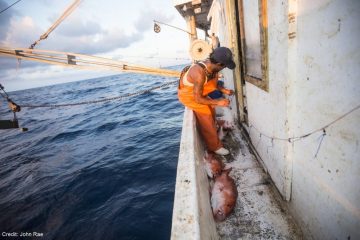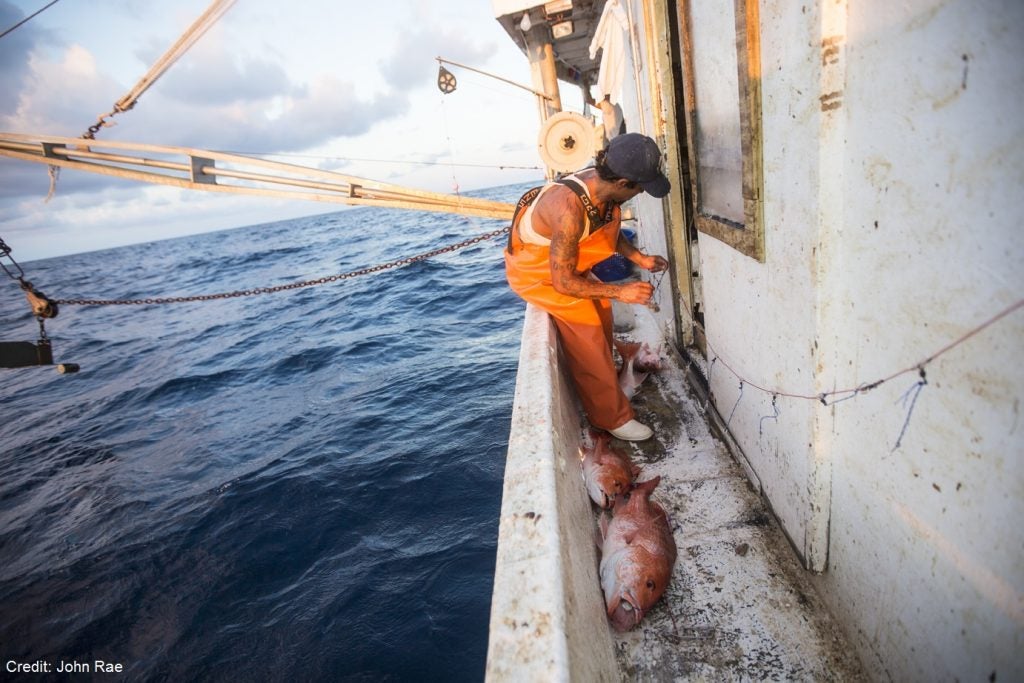World Trade Organization Rules Against Dolphins
Tuesday, April 25, 2017
Read moreDedicated To People, The Planet, and All Its Inhabitants – Since 1996

Tuesday, April 25, 2017
Read moreTuesday, April 25, 2017
Read more
Wild animals in circuses are trained with pain and the fear of punishment, caged and chained in trucks and trailers, forced to endure months of grueling travel, and bullied to perform silly tricks. Photo by Alamy
The city council of the nation’s second largest city – and the capital of the entertainment industry – today unanimously voted to ban the exhibition of wild or exotic animals for entertainment, including circuses, other wild animal shows, displays in public areas such as on sidewalks or parks, and rentals for house parties or events. . . .
The post Breaking news: Los Angeles to ban use of all wild animals in circuses appeared first on A Humane Nation.
The Oklahoma Water Resource Board (OWRB) Produced Water Working Group issued a report evaluating options for recycling the massive volumes[…]
Read moreWednesday, April 26, 2017
Read more

The Mexican law will have a beneficial impact on our work to stop dogfighters in the United States, where dogfighting is a felony in every state, and a federal felony. For years, American-based dogfighters have trekked to Mexico to avoid law enforcement in the United States. Photo by Meredith Lee/The HSUS
In a groundbreaking victory for countless dogs caught up in Mexico’s animal fighting trade, the nation’s Senate has put the final stamp of approval on a comprehensive law that bans all dogfighting in the country and establishes tough penalties, including imprisonment and fines, for anyone involved in dogfighting activities like organizing fights, owning or trading . . .
The post Breaking news: Mexico adopts felony-level penalties for dogfighting appeared first on A Humane Nation.


President Theodore Roosevelt invoked the Antiquities Act in 1906 to protect Devils Tower in Wyoming. In recent years, we’ve seen other extraordinary designations by our presidents. Photo by Avery Locklear/NPS
It is unsettling that President Trump has called for a review of protected areas established by his predecessors under the Antiquities Act. Set-asides of the last, best places in the United States, both terrestrial and marine environments, has been a legacy for both Republican and Democrat presidents, and the Antiquities Act has been a critical . . .
The post Trump should leave national monuments alone appeared first on A Humane Nation.
Wednesday, April 26, 2017
Read more
By Monica Goldberg
 A recently-filed bill with the upbeat title “The Modernizing Recreational Fisheries Management Act,” H.R. 2023, would unfortunately do just the opposite. By gutting one of the most important improvements of modern fisheries law, we believe that this bill would move us backwards to a time of widespread overfishing.
A recently-filed bill with the upbeat title “The Modernizing Recreational Fisheries Management Act,” H.R. 2023, would unfortunately do just the opposite. By gutting one of the most important improvements of modern fisheries law, we believe that this bill would move us backwards to a time of widespread overfishing.
Congress first banned overfishing in 1976, but a provision permitting “optimum” yield above sustainable levels led to widespread declines in fisheries. Lawmakers eliminated that loophole in 1996 with the Sustainable Fisheries Act (SFA).[1]
A decade later, the Senate Commerce Committee described the results:
“The SFA attempted to address overfishing by capping fish harvests at maximum sustainable yield (MSY) …. However, recent evaluations of stock status have shown that ten years after enactment of the SFA, overfishing is still occurring in a number of fisheries, even those fisheries under a rebuilding plan established early in the SFA implementation process.
“Establishing a scientifically-based total allowable catch (TAC) for each managed fishery was a unanimous recommendation from all of the Council chairs, a recommendation of the Managing Our Nation’s Fisheries Conference II final report, and a recommendation of the U.S. Ocean Commission. Requiring routine adherence to an annual catch limit or TAC is a well-known management approach that has been utilized effectively by several Councils, but failure to adopt this technique more broadly has contributed to continued overfishing.”[2]
Following this advice, the 2007 Magnuson-Stevens Reauthorization Act established three innovations that greatly strengthened the longstanding ban on overfishing:
The results have been striking.
The National Oceanic and Atmospheric Administration (NOAA) most recently reported that 91% of species are fished at sustainable levels. 41 have recovered to a healthy population size after having been driven below the overfished level. Ten years after the 2007 reauthorization, we have achieved significant progress.
Despite the demonstrated value of ACL management, some recreational fishermen have contested its use in their portion of the fishery. H.R. 2023 would amend the MSA to make clear that:
“Recreational fishing and commercial fishing are fundamentally different activities, therefore requiring management approaches adapted to the characteristics of each sector”[4]
and specify that regulators:
“have the authority to use alternative fishery management measures in a recreational fishery (or the recreational component of a mixed-use fishery) in developing a fishery management plan, plan amendment, or proposed regulations, which may include extraction rates, fishing mortality targets, harvest control rules, or traditional or cultural practices of native communities.”[5]
It is abundantly clear that (1) recreational and commercial fishing are different undertakings and (2) managers can and do use different methods to regulate them. But under current law those different approaches play out under the auspices of sustainable quotas that form a backstop against overfishing. H.R. 2023 would remove those safeguards, exempting every fishery which the Secretary determines is not subject to overfishing.[6] And since ending overfishing has been the goal of fisheries management for the last 40 years, that category includes 286 stocks –the vast majority.
The bill also would exempt stocks where fishing takes place below the target threshold (i.e., overfishing is not occurring) and there has been no peer-reviewed stock assessment and stock survey in the last five years. This provision appears redundant, but in any event would be nearly as problematic; for example 30 of the 199 high priority stocks tracked by NOAA were last assessed in 2010 or earlier. While frequent stock assessments and surveys are valuable, lack of them should not waive fundamental safeguards against overfishing.
Similar to previous bills, H.R. 2023 also includes an exception for so-called “ecosystem component” species, a category defined broadly as to include every “non-target, incidentally harvested stock of fish in a fishery.”[7] This provision would remove protections for key species like sharks that are caught while fishermen target other species. Nor does the bill clarify whether the exception covers a species like yellowtail flounder that is bycatch for scallopers but targeted by other fishermen.
The bill contains other problematic provisions,[8] but H.R. 2023’s most striking feature is its wholesale rejection of quota management without any indication of what we would use in its place to prevent overfishing. This approach, which risks a return to considerable overfishing and accompanying harm to fisheries and the Americans who depend on them, is not one we should take in the name of “modernizing” a very functional fishery management law.
Citations:
[1] Pub. L. No. 104-297, 110 Stat. 3559 (1996).
[2] S. Rep. No. 109-229 at 6 (2006).
[3] 16 U.S.C. §§ 1852(h)(6) (ACLs may not exceed recommendations of SSCs), 1852(a)(15) (fishery management plans must include ACLS and measures to ensure accountability with them).
[4] Sec. 3(a)
[5] Sec. 102(b)
[6] Sec. 105 (establishing new section 302(m)(2)(D))
[7] Secs. 105 (establishing exception and defining “ecosystem component species”).
[8] Precluding fishery management councils from adopting specific management measures, as section 103 would, runs counter to the regionally-based logic of the MSA as a whole. And putting up roadblocks in front of exempted fishing permits (section 106) would stymie fishermen-driven innovation.
Thursday, April 27, 2017
Read more